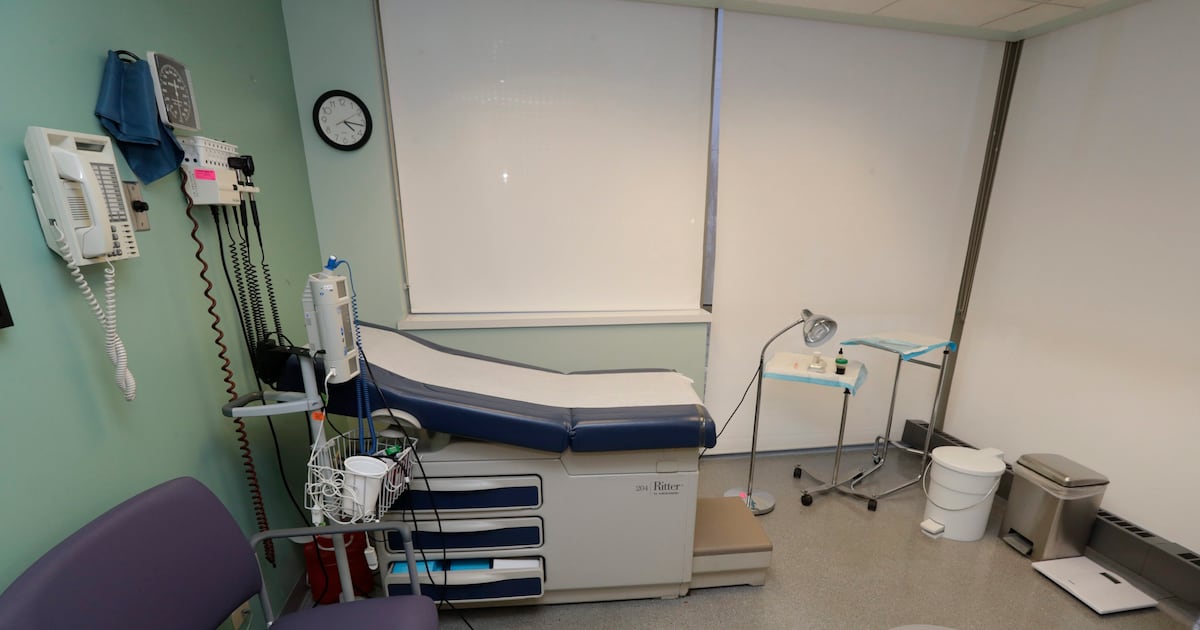Although cervical cancer is common in women, fewer are taking Pap smear tests to help detect it, according to Statistics Canada.
In a report released Wednesday, StatCan found that in 2024, 69 per cent of women aged 25 to 69 had a Pap smear test within the past three years compared to 74 per cent in 2017.
The report also found that fewer older women are taking tests compared to younger age groups. Last year, 64 per cent of those aged 50 to 69 reported having a Pap smear test within the past three years compared to 70 per cent of women aged 25 to 34 and 75 per cent of those aged 35 to 49.
There were differences depending on the province, given that some are turning to, or have already switched to, human papillomavirus (HPV) tests for regular cervical cancer screening. Tests for HPV, the main cause of cervical cancer, have been replacing Pap tests in Canada.
Prince Edward Island, Nova Scotia, Quebec and British Columbia fell below the national average of 69 per cent of women having taken a Pap smear test recently.
Alberta, Saskatchewan and Ontario, meanwhile, were above the national average.
Dr. Diane Francoeur, an obstetrician-gynaecologist and CEO for the Society of Obstetricians and Gynaecologists of Canada (SOGC) in Montreal, told CTVNews.ca in a video interview that the biggest barriers to Pap tests are access, citing the doctor shortage as an example, as well as misinformation. She said these barriers may affect immigrants and Indigenous women, including those who have been mistreated, don’t trust the medical system, or aren’t getting information in their native language.
“Cancer of the cervix is a cancer that can be treated, but it’s really, really, really aggressive,” Francoeur said, noting HPV tests are more effective in screening the cancer than Pap smears.
StatCan said respondents provided the following reasons for not having a recent Pap smear test:
26 per cent of women said they didn’t think it was necessary;25 per cent of women said their health-care provider didn’t think it was necessary or never brought it up;13 per cent said they didn’t have time to get a test;13 per cent didn’t have a regular health-care provider;11 per cent felt “fear or discomfort.”
The report is based on data from the 2024 Canadian Community Health Survey and includes information from Canada’s 10 provinces on the proportion of people who have taken tests commonly used to detect colorectal, cervical and breast cancers.

